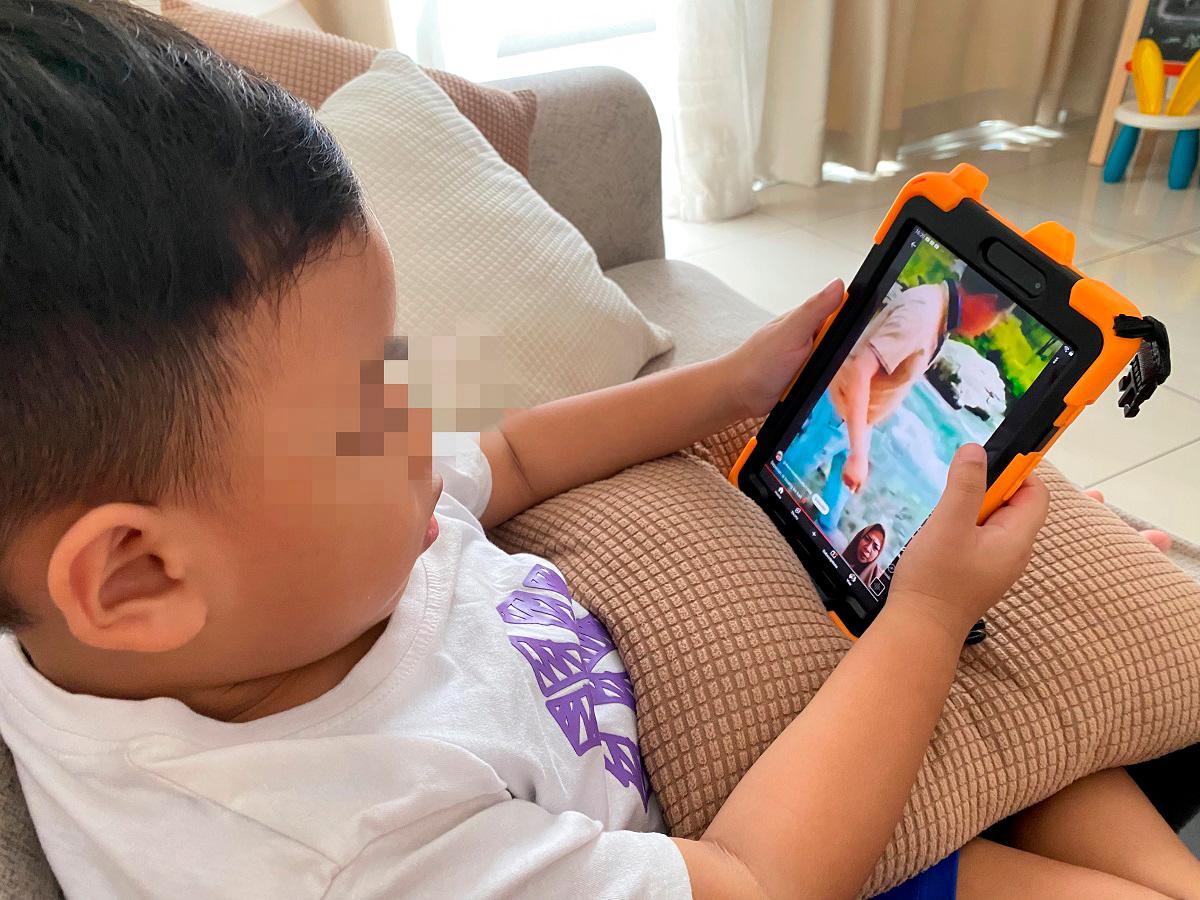PETALING JAYA: The government may bar children under 13 from owning social media accounts as part of broader efforts to shield them from harmful online content, Communications Minister Fahmi Fadzil told Parliament yesterday.
He said while most platforms already prohibit users below 13 from registering, it is observed that many children continue to bypass the restriction.
“When we speak to pupils and ask if they have TikTok accounts, many will say yes. This is actually a violation, and TikTok has admitted this.”
He added that the government is currently studying regulatory mechanisms to ensure children under 13 are not allowed to sign up for social media platforms.
“For those aged 13 and above, we want to make sure they receive digital literacy training so they can navigate the online world with caution and critical thinking. Not everything we see on social media is true, so we need to be careful.”
Fahmi was responding to Tumpat MP Datuk Mumtaz Md Nawi who asked whether a national policy would be introduced to protect children from cognitively damaging online content, such as toxic or “brain rot” videos. She also asked if the government had plans to support the production of local educational content for children.
Fahmi said the Malaysian Communications and Multimedia Commission (MCMC) is taking a comprehensive approach to regulate harmful content and platform algorithms, especially on sites such as YouTube and TikTok. This includes regular engagement with service providers to improve algorithm transparency and ensure compliance with Malaysian laws.
“Between Jan 1, 2022 and July 15 this year, MCMC requested the removal of 1,443 items of obscene or inappropriate content involving children under Section 233 of the Communications and Multimedia Act 1998. From Jan 1, 2025, internet and social media service providers will also be required to apply for a Class Licence under the Act – a move aimed at holding platforms accountable for content moderation and algorithmic risks. (Class Licence is for certain types of online service providers, such as social media and internet messaging platforms).
“These efforts are part of a larger push to build a safer, healthier internet ecosystem, especially for children and families.”
He also urged for greater investment and stronger inter-agency collaboration to develop more child-friendly local content.
Fahmi highlighted Durioo, a homegrown children’s content platform backed by the Malaysia Digital Economy Corporation as an example the government is keen to support.
“I will ask Finas to explore ways to ramp up the creation of high-quality children’s content, particularly those that reflect our cultural values.”









